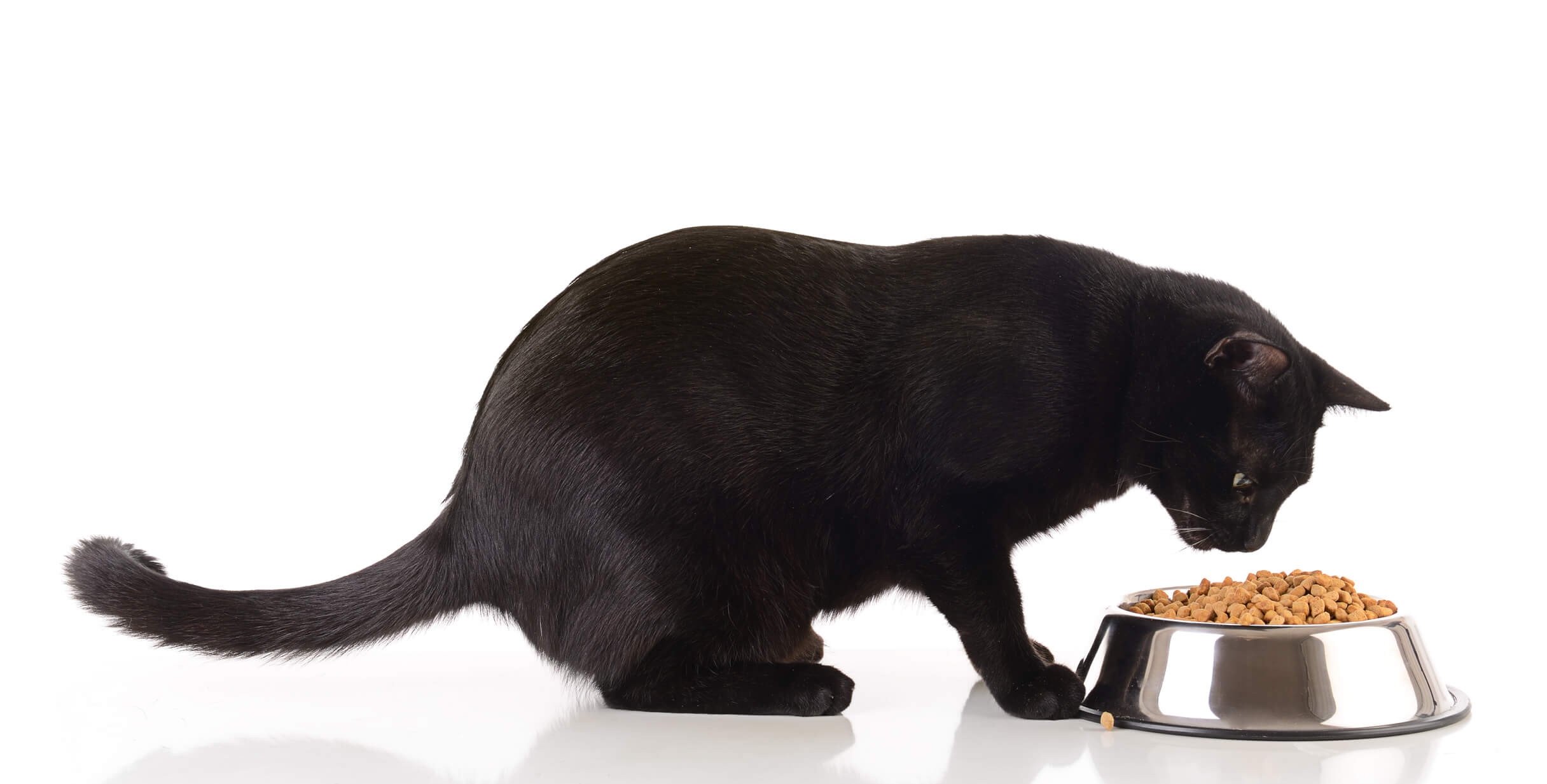
How to Use Nutrition to Manage Your Cat's Kidney Disease
Chronic kidney disease is one of the most common health problems seen in older cats. After many years, the kidneys slowly degrade and aren’t capable of functioning like they used to. Once this degradation becomes noticeable, it’s our job as cat owners to support our feline friends’ kidneys for optimal performance. One way to do this is through diet.
The kidneys remove waste from your cat’s blood, regulate hormones, regulate electrolytes and produce urine. When the kidneys are damaged or dysfunctional, waste materials can build up within your cat’s body, and their urine production usually increases, causing frequent and inappropriate urination.
Kidney disease is not a curable condition—it’s something that will afflict your cat for the remainder of their life. Fortunately, it can be managed over time to keep your kitty comfortable and happy. Aside from medications and supplements, one of the best ways pet owners can bolster their cats’ kidney health is by feeding them a special diet designed for renal function.
The role diet plays in feline kidney disease
Diet and nutrition is not the cure-all for feline kidney disease. However, it can help your cat feel better from day to day and reduce the stress placed on their kidneys and body overall. By reducing the concentration of certain compounds and adding extra vitamins and nutrients that support kidney health, you can naturally regulate at least a portion of your kitty’s disease over the long term.

Here are some of the most important nutrients and nutritional choices to pay attention to if you’re looking to optimize your cat’s renal support diet.
- Protein: It’s a common belief that cats with kidney disease must reduce their protein consumption drastically to avoid problems with digestion and waste buildup. However, this isn’t entirely true. Many vets believe the quality of the protein matters—low-quality proteins are more difficult to process, while high-quality proteins are easily digestible and support your cat’s bodily functions. Cats still need moderate amounts of protein to maintain muscle mass and proper organ function.
- Low phosphorus: Phosphorus is naturally found in many proteins. However, this substance needs to be filtered out of the blood by the kidneys regularly, or else an abundance of it can make your cat sick. To ease pressure off the kidneys, renal diets are often low in phosphorus.
- Low sodium: Cats with chronic kidney disease have a higher tendency to become dehydrated because less water is preserved in the body. Excess sodium might exacerbate dehydration, so many cats in renal failure benefit from reducing the sodium content in their food. Sodium can also contribute to hypertension and can increase the workload on the kidneys as they work to regulate substances in the blood.
- Omega-3 fatty acids: Omega-3 fatty acids are an important additive to renal support diets because of their anti-inflammation benefits, which can reduce body-wide pain and inflammation in the kidneys. They can also improve blood flow to and through the kidneys, improving functionality. Omega-3 fatty acids are not merely beneficial for cats with chronic kidney disease, but all cats, especially as they age.
- Antioxidants: Adding extra antioxidants to your cat’s diet may also have protective effects on the kidneys. Antioxidants help neutralize free radicals, which can cause damage to cells within the body. Higher antioxidant content may result in reduced kidney damage over time.
- Canned food: Generally speaking, canned food is recommended for cats with chronic kidney disease. This is because canned foods contain extra moisture compared to dry kibble. Because of their risk for dehydration, cats can benefit from the added water content every day. Your cat should also be provided ample fresh water throughout the house, utilizing things like water fountains to encourage them to drink.
Many pet food companies produce renal support diets that are ideal for cats with chronic kidney disease. These diets have been formulated with the above-mentioned nutrients for optimal kidney performance. It’s not usually advised that cat owners prepare their own kidney support diets at home because they may be imbalanced. However, you may be able to add supplements to a specially formulated kidney support diet for better results.
Before you change your pet’s diet at all, be sure to discuss your options with your veterinarian. Your cat might have additional health concerns that must be factored in when considering a new supportive diet.
Although diet is not the only consideration you must make for your cat with chronic kidney disease, it is an important factor in an effective long-term management plan. By closely regulating your kitty’s nutritional intake, you might be able to extend their lifespan and keep them happy and comfortable.


